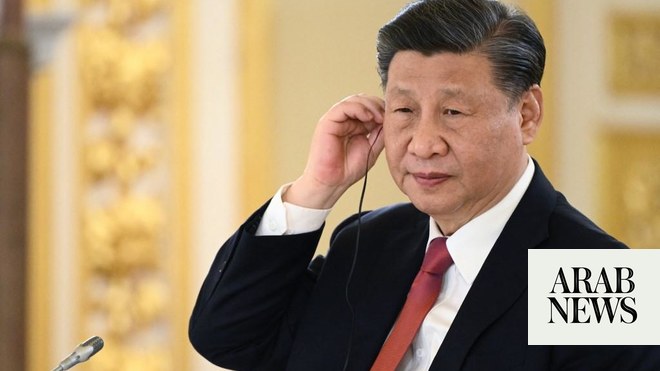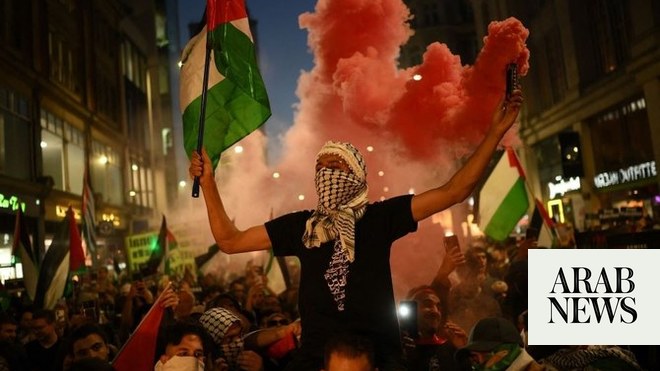
Chief Prosecutor Fatou Bensouda will appear before the three judges at the International Criminal Court (ICC) hearing on June 20
The ICC acts to prosecute the worst abuses including genocide in places where national tribunals are unwilling or unable to act.
THE HAGUE: War crimes judges will hold closed-door talks next month to discuss whether to allow the launch of a probe into the forced exodus of Rohingya Muslims from Myanmar.
Only Chief Prosecutor Fatou Bensouda will appear before the three judges at the International Criminal Court (ICC) hearing on June 20, presiding judge Peter Kovacs said in his Friday order, seen by AFP on Monday.
Some 700,000 people from the stateless Muslim minority have fled Myanmar’s northern Rakhine state into neighboring Bangladesh since August to escape a bloody military crackdown. The violence has left a trail of torched villages in its wake, amid allegations of murder and rape at the hands of troops and vigilantes.
In an unprecedented move last month, Bensouda asked judges at the world’s only permanent war crimes court to rule whether she can investigate the deportations as a crime against humanity. It is a legally complicated request, as Myanmar is not a signatory and member of the Rome Statute that underpins the ICC.
Bangladesh is, however, and Bensouda argued that should give her office jurisdiction to investigate, “The chamber convenes a status conference on June 20 to be held in closed session, only in the presence of the prosecutor,” Kovacs ordered.
He accompanied the order with a confidential annex which he said contained issues which Bensouda must address at the June hearing.
Set up in 2002 in The Hague, the ICC acts to prosecute the worst abuses including genocide in places where national tribunals are unwilling or unable to act.
The Myanmar army in the mainly Buddhist nation has denied any allegations, saying its campaign has been a legitimate response to Rohingya militant attacks last year that killed about a dozen border guard police.
The Southeast Asian nation has voiced “serious concern” over the move at the ICC.
“Nowhere in the ICC Charter does it say that the court has jurisdiction over states which have not accepted that jurisdiction,” Myanmar said in a statement.
The special court examining Bensouda’s request has also asked Bangladesh to submit any written observations it may have on the case by June 11.











